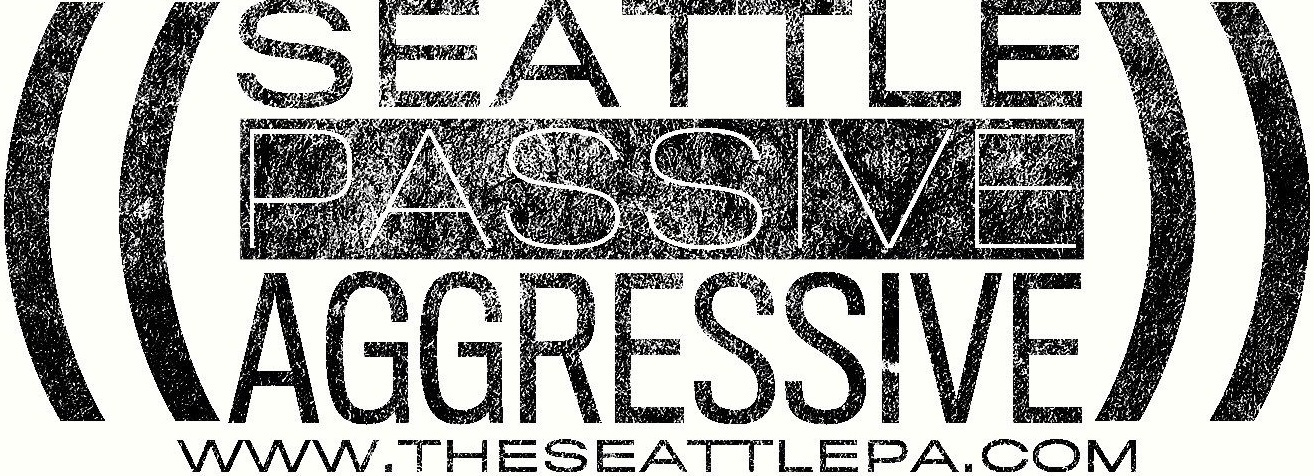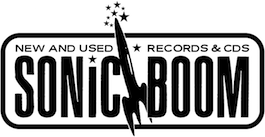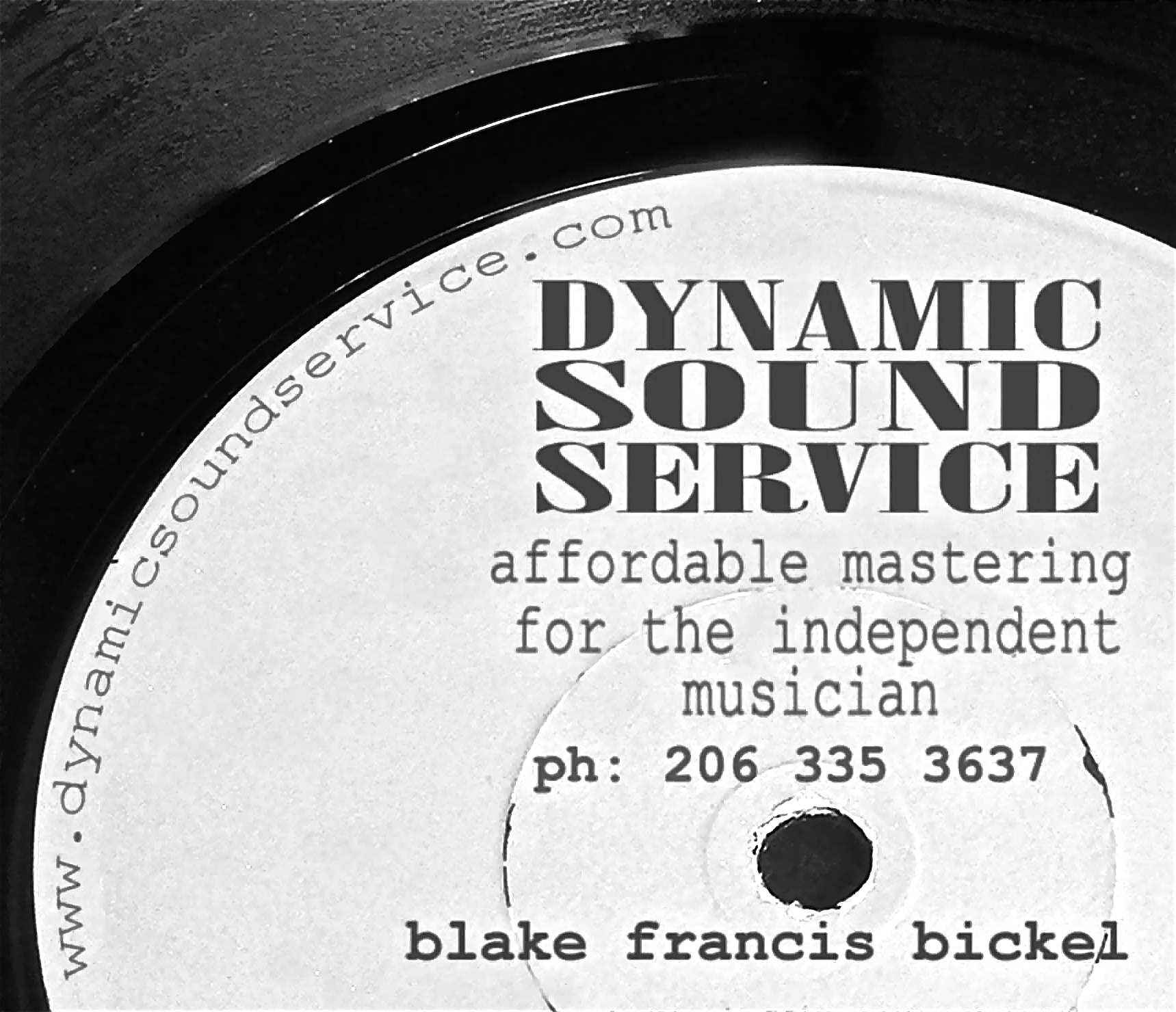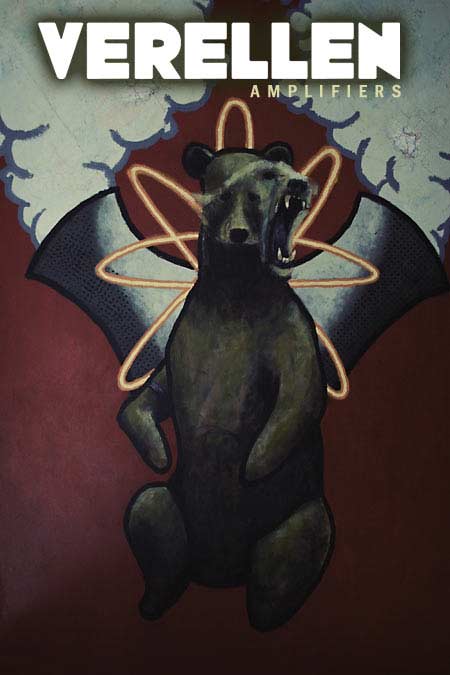Every so often in the music world, a band pops up that is simply ahead of their time. Despite limited commercial success over a hard fought career spanning four full length albums, the now legendary and hugely influential stoner rock pioneers of Kyuss disbanded nearly two decades ago. Millions would later follow the musical exploits of founding guitarist, Josh Homme, who went on to front world-famous rock outfit Queens of the Stone Age, but those in the know will always fall back on records like Blues For The Red Sun and Sky Valley, iconic albums for countless guitar players running downtuned guitars through bass cabs and jamming out in smokey basements and garages across the globe.
Now, founding Kyuss members John Garcia and Brant Bjork are rekindling the fire that ignited a generation of blues influenced heavy rock bands. After playing a slew of select shows and eventually touring the world with former Kyuss bassist Nick Oliveri and Belgian guitar virtuoso Bruno Fevery under the moniker Kyuss Lives!, the band was hit with a lawsuit from fellow Kyuss founders Homme and Scott Reeder. The band left the Kyuss brand behind and adopted the name Vista Chino. While Oliveri no longer tours with the group, Vista Chino recorded and released their debut full length album Peace on Napalm Records and is currently touring the world with Corrosion of Conformity bassist Mike Dean.
While stopping in Seattle, I had the opportunity to sit down with drummer Brant Bjork and talk about his past with Kyuss, Peace, and the current adventure that is Vista Chino.
Seattle Passive Aggressive: First of all, thanks for doing the interview, we really appreciate it! Let’s get the obligatory dramatic stuff out of the way: While touring as Kyuss Lives!, there was a lawsuit against you for use of the Kyuss name, correct?
Brant Bjork: Well, yeah we were accused of attempting to steal a name, or misrepresenting the name, or unfair competition I think was another thing that was in the original lawsuit. But I mean, ultimately we were sued just because Josh and Scott just don’t share the same positive outlook on life that we did.
SPA: From what I’ve read, it’s been about a year since the suit was settled, do you feel this is still a relevant issue for you as a band?
Brant: Well, probably about six months ago we settled.
SPA: Was that when the name change occurred?
Brant: The name change was something we decided to do because we just couldn’t afford to keep fighting anymore. We didn’t technically lose on principle or law, we surrendered and forfeited our battle because we were against Josh Homme who is a mutli-millionaire. So it’s like, John and I literally spent every last dollar we had, and we would’ve had to go into way more debt than we already had to keep fighting. And in the end, what we are here to do is play music. So the question was, what can we do to get back to what we love the fastest, and that was just to change the name to get back to playing.
SPA: Do you feel this ordeal is behind you now or is it still affecting your ability to play?
Brant: Well, creatively, artistically, spiritually, musically, we’re exactly where we want to be, we feel good and we’re moving forward. The future is bright and the present is even radder and everything is just awesome. But of course, with the nature of things and the way things developed in terms of getting here, we certainly took a hit, and it was a hit we had to take with the name change. We’re essentially having to start from zero.
SPA: What made you decide to try to bring Kyuss back? Was there a moment where you just went, “This would be great!”?
Brant: Well really, it was John’s idea. I would’ve loved to have gone on the adventure of bringing the band back under very specific circumstances, but I never expected that to happen and I think that’s why I was so excited when it did and why I responded the way I did. But it was John’s idea and I think, speaking for John and myself and even Nick and Bruno, Kyuss being to the fans the kind of mystery that it was over the years – for fifteen years I’ve continuously toured and played music and everywhere I go in the western world I’ve had people ask me about Kyuss. “What happened? Will it ever come back?” – and I think after fifteen years of hearing that we had developed enough understanding that there was a significant amount of fans. I mean, in business terms, we supplied the demand!
SPA: When did you guys know you wanted to write new material versus just playing the old classics?
Brant: I think in the beginning, conceptually, it was like we were gonna do one European tour and it was gonna be like, if you’re there, you’re there. But upon releasing the concept to the public, offers started to pour in, and that combined with the fan reaction, combined with the ultimate motivation, which was when Nick, Bruno, John and I got in a rehearsal room in Los Angeles to jam, there was just instant chemistry with the guitar player, Bruno, on a level that made us on that first day say, wow, this isn’t just gonna be about going out and playing classics, but also about writing new material. So we decided to pursue new material from day one.
SPA: What was the writing process like for this album? Was there a conscious effort to sound like a Kyuss record, or did you just jam and run with what came out?
Brant: Well first of all, I didn’t intent to be anything like Kyuss. I certainly don’t take offense and I think it’s fantastic if you hear similarities in the VC record and the old Kyuss records. For me as a producer, I wanted to take the VC record even deeper into the classic art of recording rock music, and even jazz and blues. You know, like there’s two mics on the drums, and using a lot of the room, and gear that’s even more vintage than what we were using back in the Kyuss days. So it’s a very organic, raw record. It’s my interpretation of what I wanted to do with Kyuss. But that’s kind of more the production element. The writing process was just going back to that day when I first jammed with Bruno. I mean, Josh was my writing partner back in the day, and part of my excitement of being in a band format is collaboration and bouncing ideas off one another, so I knew that I really had to develop a relationship with Bruno in terms of writing songs, and we quickly did. He’d fly out to the desert from Belgium and we would just sit on my porch and play guitars and drink beers and talk and listen to our favorite music and then go out into the studio I have on my property out in the desert. I literally built the studio from scratch while we were writing songs, it was literally a spiritual, musical, technical adventure from the first day. I never had any kind of creative recording experience like that in my entire career. and not to mention having a couple guys from your past shooting arrows at you while you’re doing it. It was really an amazing experience. Yeah that was it, Bruno and I would just start jamming, and roll tape.
SPA: I’ve noticed your set on tour has been a mix of both old and new songs, do you still feel a strong connection to those old songs or would you rather be playing just fresh material?
Brant: Transitions take time, and they take time for a reason. You gotta put everything in it’s right place, you gotta be patient, you gotta celebrate the transition. I mean, we’re excited to be VC and we’re very excited to be here, playing the new material, but you know Kyuss is how we got here, and we’re not confused about that. And we love the Kyuss music, i mean I’ve had people come up to me and tell me, “Brant, Kyuss was an awesome band!”. I mean, you don’t need to tell me that! I loved Kyuss as much, if not more so, than just about anybody and I love that music and I love those songs. We want to continue playing them and I think the fans want to continue to hear them, so someones gotta do it. And you know, we are very eager to play the new material and we’re already five songs in to the set and we’re probably gonna add a sixth one at the end of the week. VC is ultimately what we’re excited to celebrate right now, but it’s important to us to keep the roots of what we do, and that root is Kyuss and some of those classics.
SPA: What are some differences being in Vista Chino and playing music today compared to what it was like in Kyuss fifteen to twenty years ago?
Brant: Well the more things change, the more things stay the same, and that can apply to a lot of things. The excitement, the inspiration, the love, performing, being on stage, that’s all the same. The motivation, the reasons. But it’s a different world we live in now. Technology has exploded in the last ten years and that’s had a tremendous effect on the music business. Recording, mostly things that have to do with technology would be the centerpoint of what I feel is the difference between then versus now. I think a hundred years from now people are gonna look back at this millennium and be like, that was the time when technology took a leap deep, deep into a digital world, a world that I am not particularly excited to participate in, a world i didn’t necessarily need or want. I was quite happy and comfortable in the old world, being an old soul I was quite comfortable there. Technically minded people have kind of dictated where the world has gone and now we all have to kind of go along with that. Which is cool, I like my cell phone, it’s pretty cool, but it’s just trippy. But that’s part of the celebration of what we do musically and artistically. We’re not anti-technology when it comes to where the world has evolved to, but we just like that classic shit.
SPA: I’ve always heard stories about how back in the Kyuss days, you guys used to have these big parties and jam out in the desert. Is this something you guys would still be into doing as Vista Chino?
Brant: Well I would love to get the band and get a generator and go out into the desert and just jam all day and night, that I would love to do. As far as turning it into a public event and having like a party, well I wouldn’t be opposed to that, but I think the spirit of what made those parties what they were was just a moment in time. It’s really like every musical movement has a moment in time, I mean you can go to Haight-Ashbury in San Francisco and it ain’t what it was like back in 1966. You can go to New York and go to where CGBGs was and it’s not like it was in 1976. Same could be said about Seattle, it’s not 1990 anymore. And the desert, the late eighties was a time that I would consider to be the peak of our scene, and it was a very organic, raw, beautiful thing, just like all the other scenes I’ve mentioned, but that time is gone, and a lot of that is just people. People change. The young people in the desert just don’t really have quite the same need or the motivation to put that kind of thing together. But if it happened again, sure I’d love to participate, it was a lot of fun and I enjoyed it.
SPA: I know you guys have been involved in other things, solo projects and life, but do you see Vista Chino as a long term and ongoing project? Can we export more tours and albums?
Brant: Of course. We’re first and foremost professional musicians. We’ve dedicated our lives to the art of music and that’s what we’ll continue to do, just make music. In 2010, John called me up and wanted to put Kyuss back together and that sounded like a challenge to me on every level, and a lot of musicians, that’s what they like, they like challenges. I’m still on that adventure, and it’s rewarding, and it demands a certain level of attention and we all collectively agree that we have to give it that attention. So right now we’re supporting the record, we’re already talking about quickly doing another. So we’ll see how that pans out, and we’re just gonna go out there and rock and see what we can do. We’re enjoying this.











